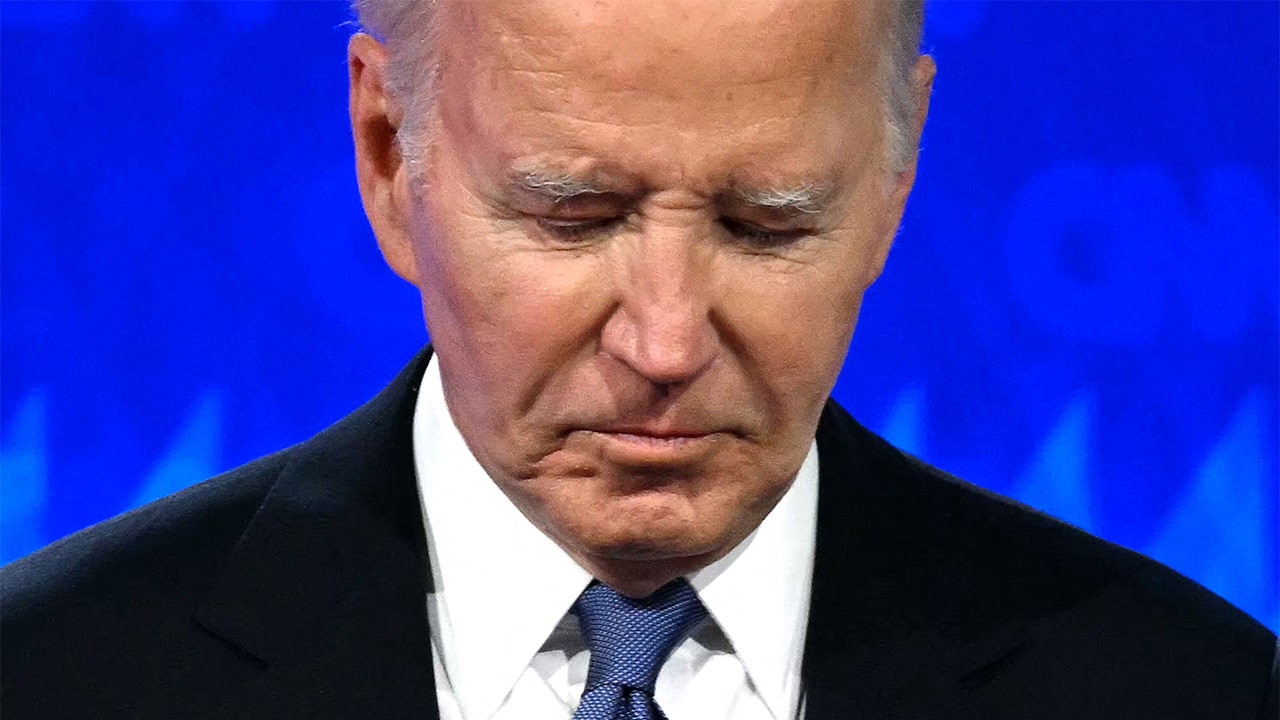Text size
Aerospace giant Boeing reported strong second-quarter jet deliveries. A larger number of orders meant that the backlog grew—that’s good for sales and earnings.
Brendon Thorne/Bloomberg
Boeing
delivered more jets than expected in the second quarter and shares are rising in Tuesday trading. Deliveries aren’t the biggest reason investors should be excited, though.
Commercial-aerospace giant Boeing (ticker: BA) delivered 136 commercial airliners in the second quarter, including 60 jets in June. April and May deliveries came in at 26 jets and 50 jets, respectively.
Growth is good, and Boeing stock is up 1.7% in midday trading while the
S&P 500
and
Dow Jones Industrial Average
are up 0.3% and 0.6%, respectively.
Growth is good, but it’s an open question about what matters more to investors: Deliveries or orders. These days, deliveries seem to be what carries the day.
That makes some sense with both Boeing and
Airbus
(AIR. France) recovering from the Covid-19 downturn. The pandemic decimated air travel, and it also decimated the aerospace-supply chain. Component suppliers are struggling to ramp up production to meet normalizing demand for jets.
Investors shouldn’t lose sight of orders though. Boeing took in 407 new orders for jets in the second quarter. That is likely a gross order number, any cancellations aren’t included. Boeing didn’t immediately respond to a request for comment about order details. Still, orders easily exceeded deliveries meaning the backlog grew. That’s good for Boeing sales and earnings down the road, or runway.
Over the past 12 months, Boeing has taken in orders for almost 1,200 new jets and delivered 530.
TD Cowen analyst Cai Von Rumohr called deliveries “upbeat,” and orders “robust” in a Tuesday report. He rates shares at Buy with a $230 price target.
RBC analyst Ken Herbert rates shares at Hold with a $220 price target. He wrote Tuesday that strong deliveries might be leading investors to expect Boeing to increase its full-year delivery guidance. Boeing said it expects to deliver 400 to 450 MAX jets in 2023. Boeing delivered 211 MAX jets in the first half of the year.
Even if expectations are rising it’s always good to have orders exceed deliveries. Practically speaking, the quarterly delivery number is also being received well by investors, because it’s better than Wall Street’s expectation for 112 units. More than expected means Boeing will have an easier time meeting or exceeding Wall Street quarterly earnings estimates.
That will be a welcome change. Boeing has had trouble meeting analysts’ estimates, and has come up short in 15 of the past 17 quarters. Airbus, for comparison, has only missed three of the past 17 quarters.
As for the second quarter, Wall Street projects a loss of 85 cents per share on sales of $17.7 billion. Boeing lost 37 cents a share on sales of $16.7 billion in the second quarter of 2022.
Year to date, Boeing stock is up about 14%. Shares have added almost 60% over the past 12 months as investors have become more optimistic about the commercial aerospace recovery coming out of Covid.
Boeing’s second-quarter numbers are due out on July 26.
Write to Al Root at allen.root@dowjones.com







